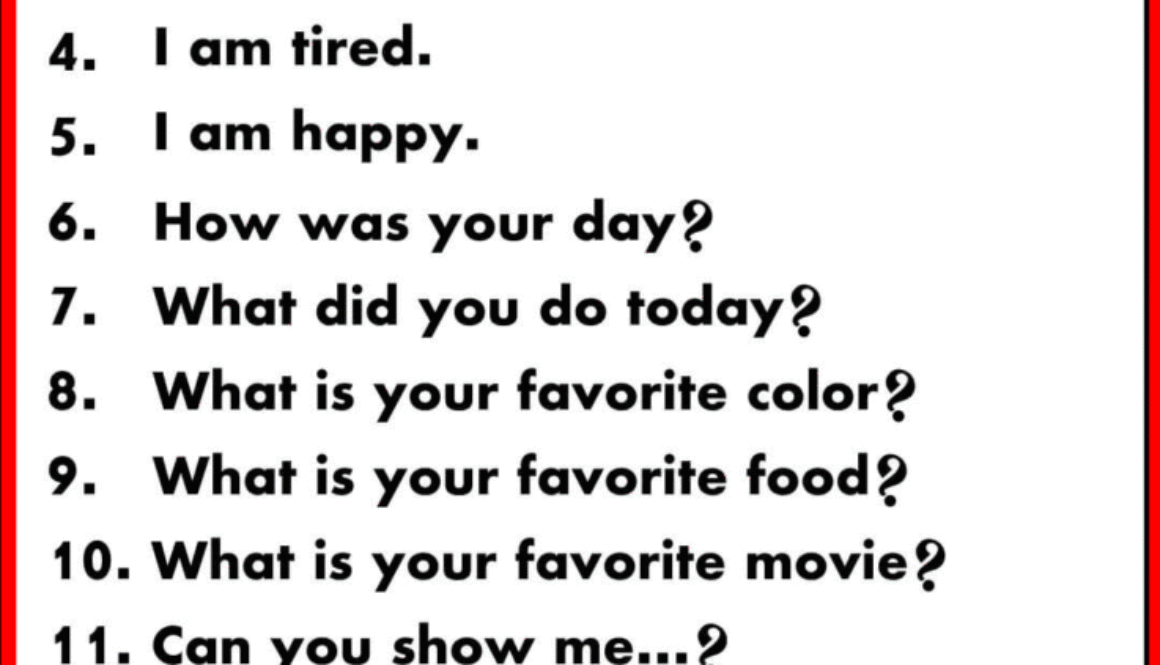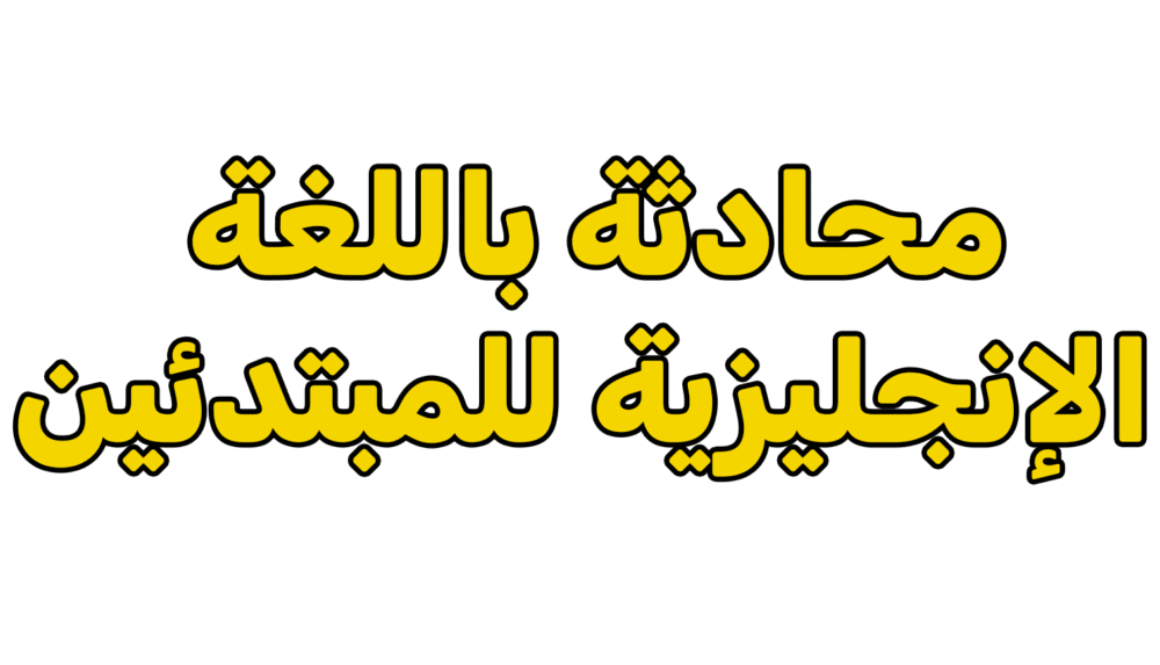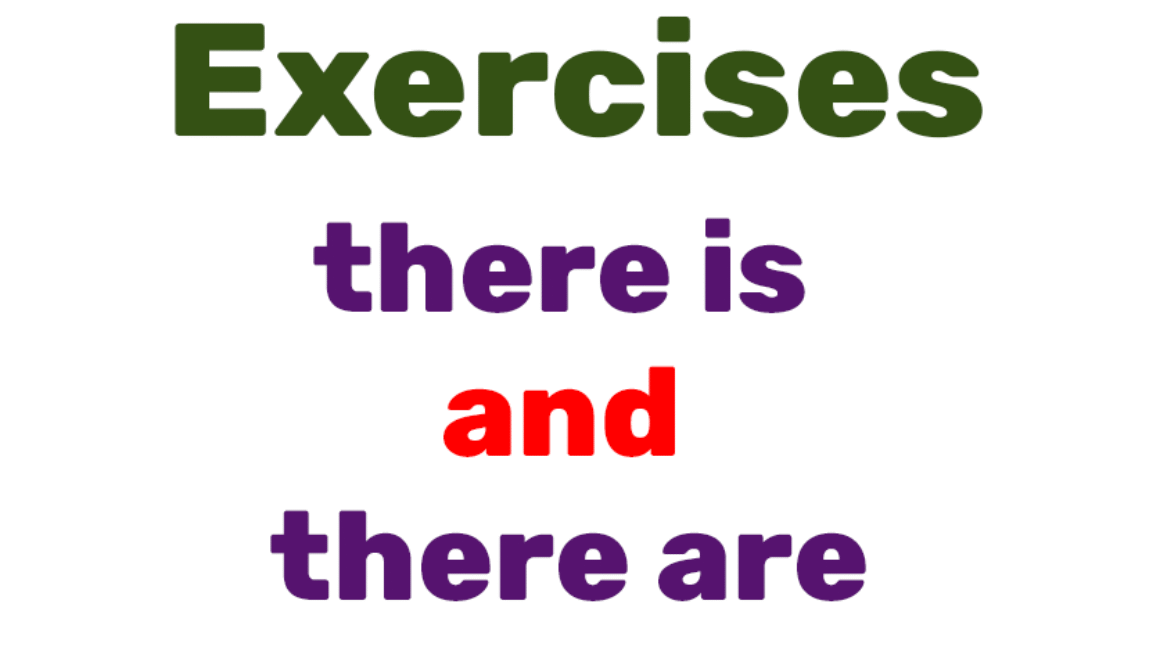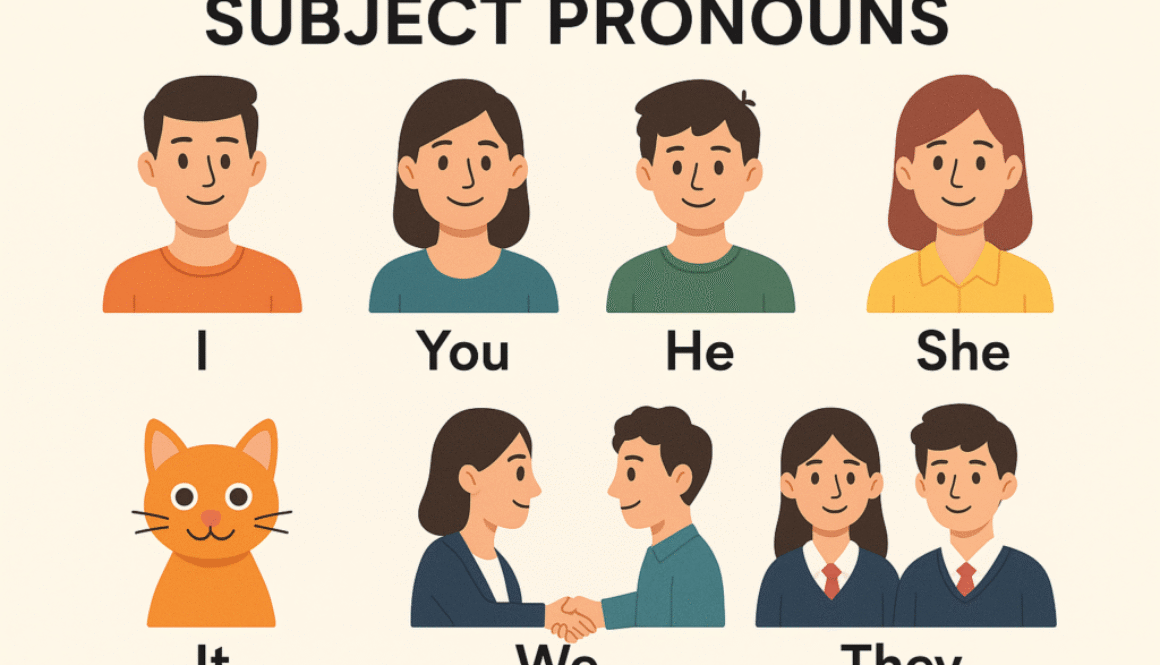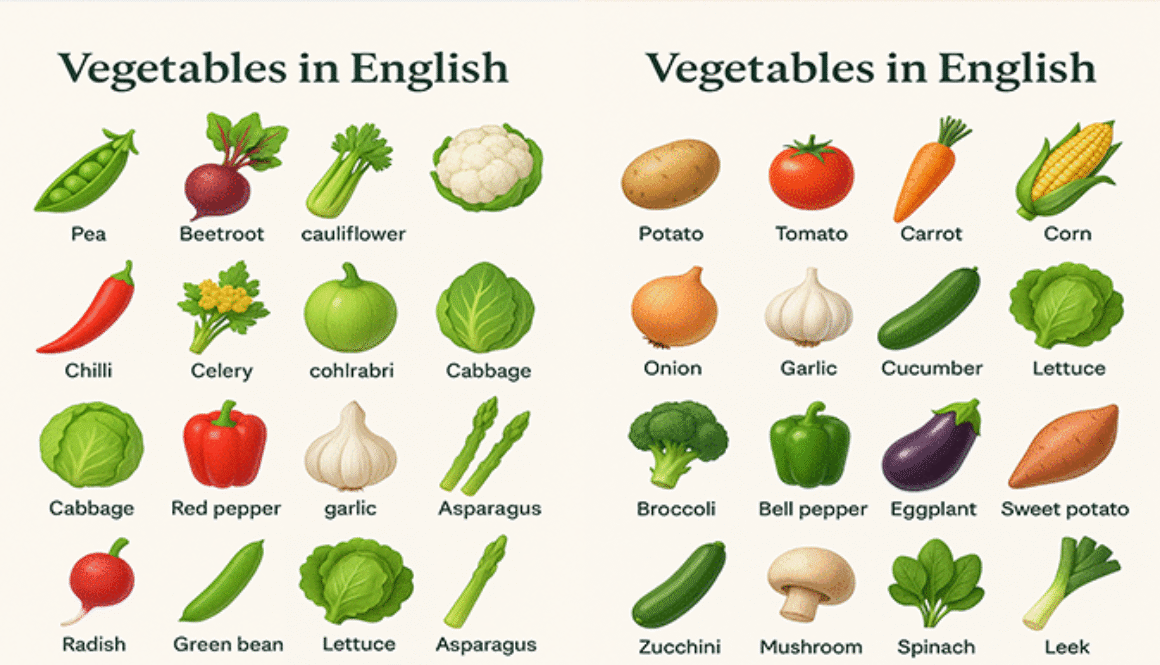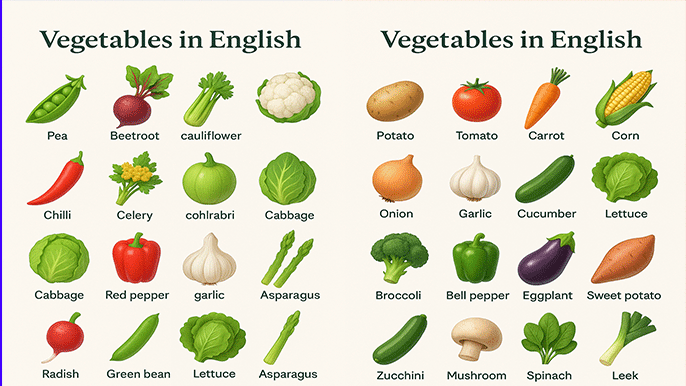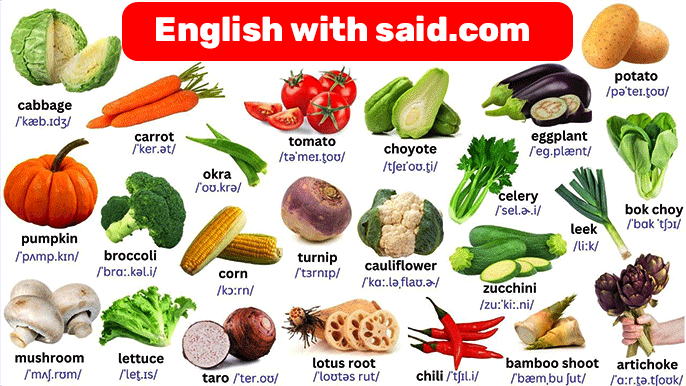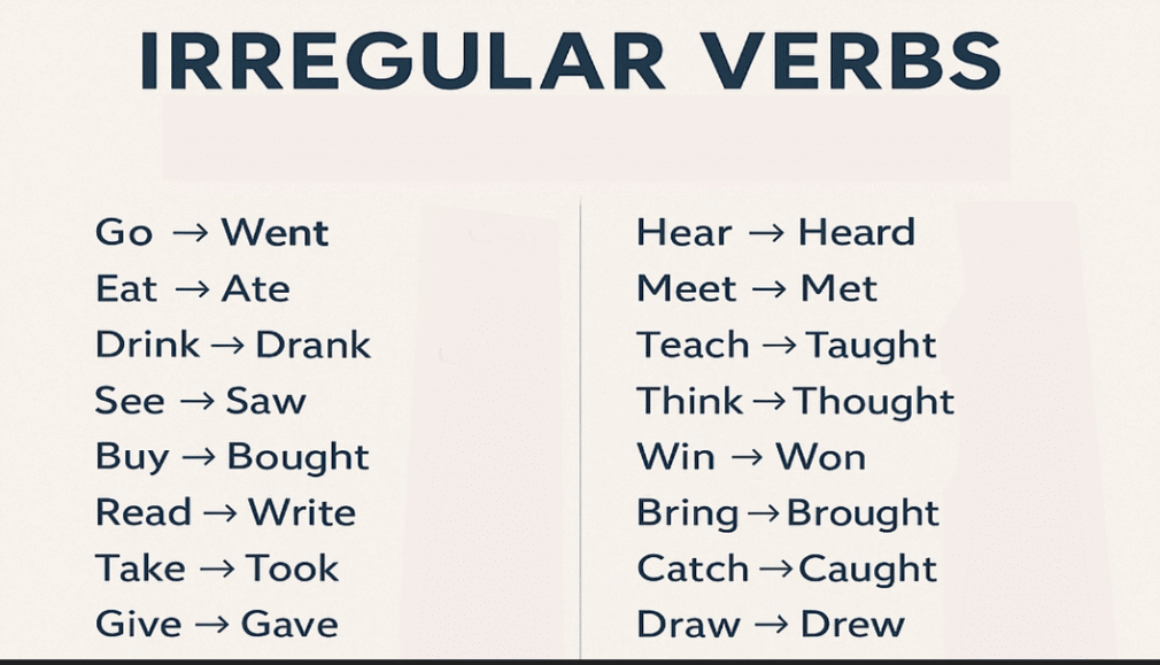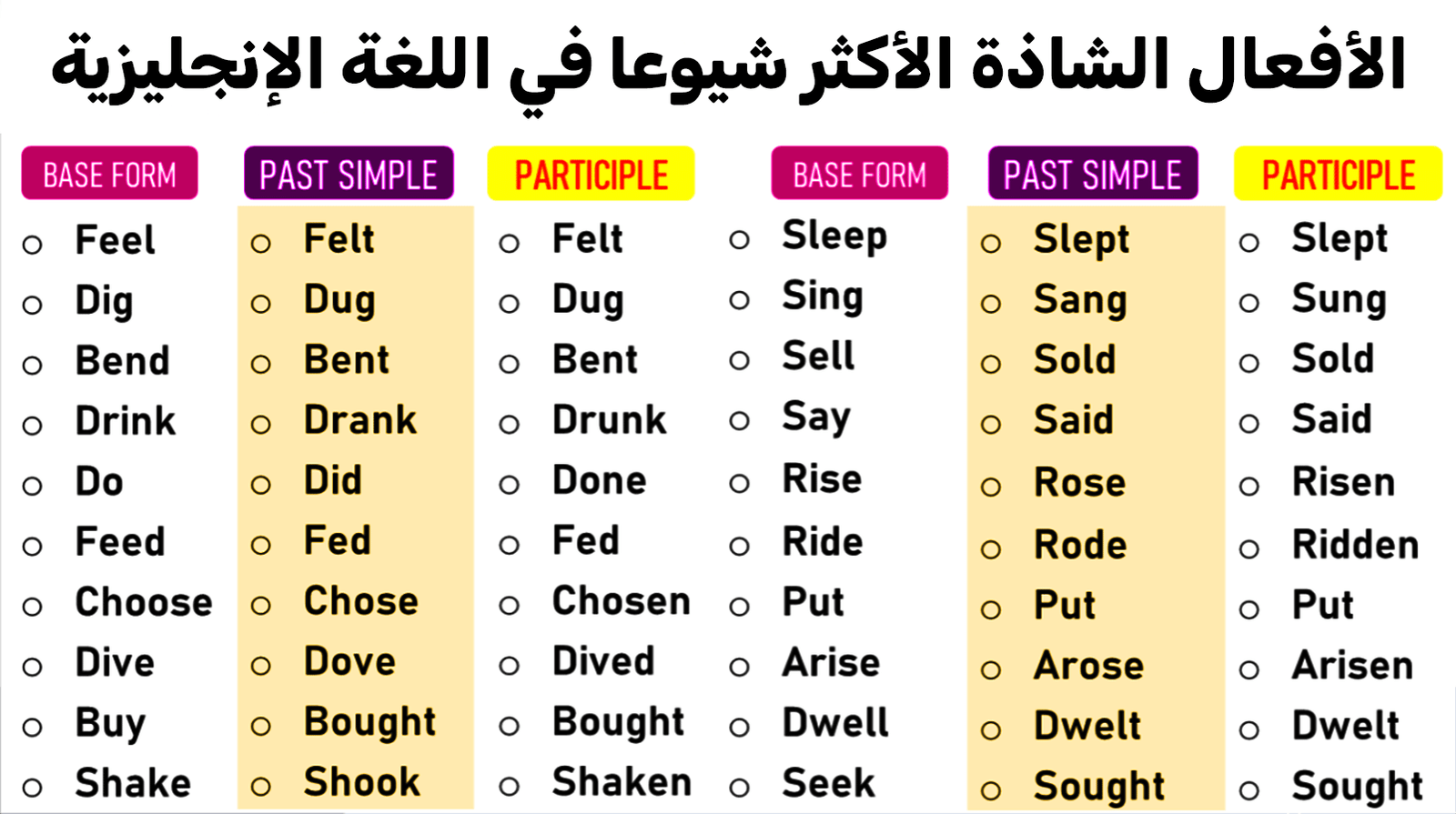🗣️ 100 جملة إنجليزية تُستخدم كل يوم مع الترجمة العربية | تعلم التحدث بالإنجليزية بسهولة
🌍 100 Daily English Sentences You Must Know (with Arabic Translation)
تعلم 100 جملة إنجليزية تُستخدم كل يوم مع الترجمة العربية 💬
☀️ Morning Routine Sentences
1️⃣ 🕕 I wake up early every day.
أستيقظ مبكرًا كل يوم.
2️⃣ 🪥 I brush my teeth after breakfast.
أفرش أسناني بعد الإفطار.
3️⃣ 🚿 I take a shower in the morning.
أستحم في الصباح.
4️⃣ 🚌 I go to work by bus.
أذهب إلى العمل بالحافلة.
5️⃣ ⏰ I’m late for work today.
أنا متأخر عن العمل اليوم.
6️⃣ 💼 I have a lot of work to do.
لدي الكثير من العمل لأقوم به.
7️⃣ ☕ I drink coffee every morning.
أشرب القهوة كل صباح.
8️⃣ 😴 I feel tired today.
أشعر بالتعب اليوم.
🍽️ Food and Eating Sentences
9️⃣ 🍔 I’m hungry. Let’s eat something.
أنا جائع. لنأكل شيئًا.
🔟 🛒 I need to buy some food.
أحتاج إلى شراء بعض الطعام.
11️⃣ 🏪 I’m going to the supermarket.
أنا ذاهب إلى السوبرماركت.
12️⃣ 😋 That’s delicious!
إنه لذيذ!
13️⃣ 🌶️ I don’t like spicy food.
لا أحب الطعام الحار.
14️⃣ 🍕 My favorite food is pizza.
طعامي المفضل هو البيتزا.
15️⃣ 💧 Can I have some water, please?
هل يمكنني الحصول على بعض الماء، من فضلك؟
☔ Daily Life Sentences
16️⃣ 🌞 The weather is very hot today.
الجو حار جدًا اليوم.
17️⃣ 🌧️ It’s raining outside.
إنها تمطر في الخارج.
18️⃣ 📱 I forgot my phone at home.
نسيت هاتفي في المنزل.
19️⃣ ⏳ Please wait for me.
من فضلك انتظرني.
20️⃣ 🕒 I don’t have time right now.
ليس لدي وقت الآن.
21️⃣ 📚 I’m studying English.
أنا أدرس اللغة الإنجليزية.
22️⃣ 💪 I’m trying my best.
أبذل قصارى جهدي.
23️⃣ 💡 That’s a good idea.
إنها فكرة جيدة.
🗣️ Communication Sentences
24️⃣ 🗨️ Can you help me, please?
هل يمكنك مساعدتي من فضلك؟
25️⃣ 🤔 I don’t understand this word.
لا أفهم هذه الكلمة.
26️⃣ 🐢 Speak slowly, please.
تحدث ببطء من فضلك.
27️⃣ 📞 I’ll call you later.
سأتصل بك لاحقًا.
28️⃣ 🚶 Let’s go out tonight.
لنخرج الليلة.
29️⃣ ⏱️ I’m waiting for my friend.
أنا أنتظر صديقي.
30️⃣ ❓ Where are you going?
إلى أين تذهب؟
🏠 Home and Relaxation Sentences
31️⃣ 🏡 I’m at home.
أنا في المنزل.
32️⃣ 📺 I’m watching TV.
أنا أشاهد التلفاز.
33️⃣ 🎧 I’m listening to music.
أنا أستمع إلى الموسيقى.
34️⃣ 📖 I’m reading a book.
أنا أقرأ كتابًا.
35️⃣ 🍽️ I’m cooking dinner.
أنا أطبخ العشاء.
36️⃣ 🔥 Dinner is ready.
العشاء جاهز.
37️⃣ 😌 I’m full.
أنا شبعان.
38️⃣ 😍 That’s delicious!
إنه لذيذ!
39️⃣ 💤 I’m going to bed.
أنا ذاهب إلى السرير.
40️⃣ 🌙 Good night and sweet dreams.
تصبح على خير وأحلام سعيدة.
❤️ Feelings and Emotions Sentences
41️⃣ 😀 I’m so happy today.
أنا سعيد جدًا اليوم.
42️⃣ 😔 I’m sad right now.
أنا حزين الآن.
43️⃣ 🥱 I’m bored.
أنا أشعر بالملل.
44️⃣ 🎬 Let’s watch a movie.
دعنا نشاهد فيلمًا.
45️⃣ 🎉 That sounds fun!
يبدو ممتعًا!
46️⃣ 😍 I like your idea.
أعجبتني فكرتك.
47️⃣ 💭 What do you think?
ما رأيك؟
48️⃣ 👍 I agree with you.
أنا أوافقك الرأي.
49️⃣ 👎 I don’t think so.
لا أعتقد ذلك.
50️⃣ 🤷 Maybe later.
ربما لاحقًا.
🚗 Daily Situations and Actions
51️⃣ 👀 What happened?
ماذا حدث؟
52️⃣ 😟 Don’t worry, it’s okay.
لا تقلق، لا بأس.
53️⃣ 🙏 Thank you very much.
شكرًا جزيلاً.
54️⃣ 🤗 You’re welcome.
على الرحب والسعة.
55️⃣ 🚻 Excuse me, where’s the bathroom?
عذرًا، أين الحمام؟
56️⃣ 👋 Come here, please.
تعال هنا من فضلك.
57️⃣ 🪑 Sit down.
اجلس.
58️⃣ 🚪 Open the door.
افتح الباب.
59️⃣ 💡 Turn on the light.
شغّل الضوء.
60️⃣ 📴 Turn off the TV.
أطفئ التلفاز.
🧠 Useful Everyday Expressions
61️⃣ 🤓 I don’t know.
لا أعرف.
62️⃣ 😐 I’m not sure.
لست متأكدًا.
63️⃣ 🙌 I hope so.
آمل ذلك.
64️⃣ 👜 I’m looking for my bag.
أبحث عن حقيبتي.
65️⃣ 📱 Have you seen my phone?
هل رأيت هاتفي؟
66️⃣ ☑️ Here it is!
ها هو!
67️⃣ ✋ That’s enough.
هذا يكفي.
68️⃣ 🚫 Don’t do that.
لا تفعل ذلك.
69️⃣ 🚶♂️ Come with me.
تعال معي.
70️⃣ 🎯 Let’s start now.
لنبدأ الآن.
🌞 Good Wishes and Greetings
71️⃣ 👋 Good morning.
صباح الخير.
72️⃣ 🌇 Good afternoon.
مساء الخير (بعد الظهر).
73️⃣ 🌆 Good evening.
مساء الخير.
74️⃣ 🌙 Good night.
تصبح على خير.
75️⃣ 🍀 Good luck!
حظًا سعيدًا!
76️⃣ 💐 Congratulations!
مبروك!
77️⃣ ❤️ I love you.
أنا أحبك.
78️⃣ 💬 I miss you.
أشتاق إليك.
79️⃣ 👏 I’m proud of you.
أنا فخور بك.
80️⃣ 🌈 Have a nice day!
أتمنى لك يومًا سعيدًا!

